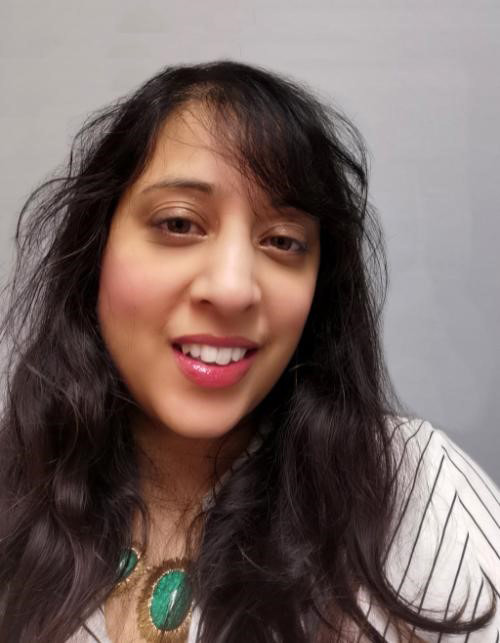SEARCH
Partition Parables
An artist residency project, for 2 artists, for 2 months, beginning September 2022.
This residency project has as its seed the sombre remembrance of the 75th anniversary (1947-2022) of the Partition of India, England’s premier colony widely celebrated as the Jewel in the Crown, as well as the Independence of India. Several cultural events are being organized across England over the year 2022-23 to celebrate the historic landmark and bring together the hundreds of Indian, Pakistani and Bangladeshi families settled over the last many decades in the UK.
India, Pakistan and Bangladesh, which were together as the British Indian Empire till August 14, 1947, were first partitioned according to the lines drawn by Cyril Radcliffe, on religious lines, depending on where a majority of the Muslim and Hindu (and Sikh) communities lived. Thus was formed Pakistan on north-western India (West Pakistan) and on the east, Bengal was divided into West Bengal that went to India and East Bengal that became East Pakistan. This created a mass migration, displacing more than 14 million people.
An estimated 2,000,000 persons were killed or maimed, women were raped or abducted. The violence did not spare children and senior citizens either. For years, Hindus and Sikhs from the Punjab / Sindh areas in Pakistan lived in refugee camps across north India and Bengal. The same was true in Pakistan for those Muslims who opted to leave India for the promised land in West and East Pakistan. While India went on to become a democracy, Pakistan slipped into a military dictatorship. In 1971, East Pakistan fought for its independence from West Pakistan and became Bangladesh. It led to another wave of refugees into India.
Not many of us here in England, even if we originally are from the Indian sub-continent, are more than vaguely aware of this history. But it is still an issue which many affected families and their descendants in all three countries have yet to come to terms with, in spite of the fact that seven and a half decades have passed by.
However, for the present residency, we are taking this important landmark in the colonial history of England as a significant starting point for applying artists to think about the idea of Partition. And it can be ‘Partition’ of various kinds – actual, familial, psychological, physical, natural – and can be triggered by political events, pandemics, natural disasters, terrorism, wars and violent conflicts, ideological and religious intolerance and persecution.
In more recent times, Britain has also experienced a ‘Partition’ of sorts – the Brexit decision has fiercely torn the Continent away from Britain, creating invisible but very palpable partitions. Neither people and goods can move as freely across country borders as it was so easily possible earlier, creating major trade and talent constraints, and these have quickly filtered down to affect the ordinary lives of the British people in small yet significant ways, unimagined by those who thought of Brexit and those who voted for it. Just a few months back, the Russia-Ukraine conflict has also created ‘Partitions’ of many kinds – not just are families in the war-affected zones having to flee for their lives leaving behind their homes and all the beautiful memories associated with them, it has forced them to leave their motherland and find refuge in other countries who may or may not be very welcoming.
Yes, all ‘Partitions’ involve a separation of sorts. Unfortunately, they are often very difficult to bridge. However it is the sustained efforts to want to build those bridges that is the all-important narrative.
Rachel Magdeburg – Residency Artist

Tarla Patel – Residency Artist

Rachel Magdeburg is a visual artist and writer based in the West Midlands. She is a PhD candidate at the University of Wolverhampton in the School of Art, conducting practice-based research into contemporary painting and the concept of the Anthropocene. Rachel’s paintings respond to art history, popular and digital culture, and questions that pervade living in a consumerist capitalist society. Rachel combines theoretical research with an experimental, observational and improvisational approach to art making, enjoying materials, happenchance and accidents. Rachel has exhibited widely in the UK, undertaken residencies here and abroad, and taken part in public art commissions and collaborative projects.
Rachel hopes that the residency will present a wonderful chance to explore new work in and for a different space. “Meeting people from an unfamiliar community affords connection and exchange that is both daunting and exciting”.
Tarla Patel is a Contemporary visual artist based in Coventry, completing an MA in Contemporary Arts at Coventry University in 2019, her practice incorporates a multidisciplinary approach that stems from photography and film. She is the custodian of the Masterji Estate, a photography archive that has been recognised as providing a social documentary of fellow migrants coming to Coventry, UK from the Indian Sub-continent during the post war era to the millennium. Her work has been greatly influenced by the archive and her direction of work primarily run through the ideas of memory, space, and identity. Part of her arts practice investigates the stories of migration and how it connects through generations, and shapes our sense of belonging in the world we live in. Patel retells these stories through a multidisciplinary approach, using photography, film, audio and new technologies.
Tarla’s project during the residency will investigate the idea of how people keep their connections to home, how it creates a sense of belonging through actions of nurture and care. Her project hopes to look at this connection of migration and belonging through the domesticated stories of small-time agriculture. Through the nurturing of plants and flora, families have kept their link to a faraway country alive, and the cultivation of traditions and memories.